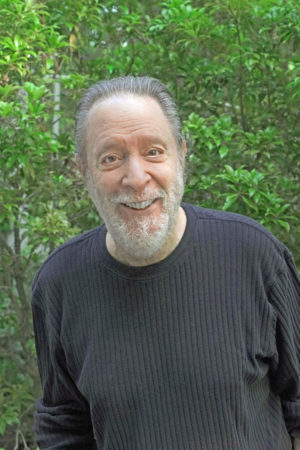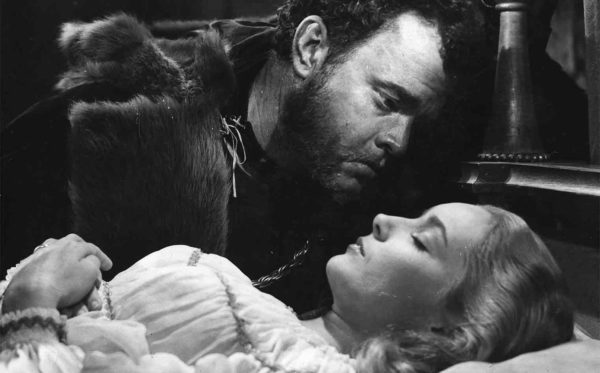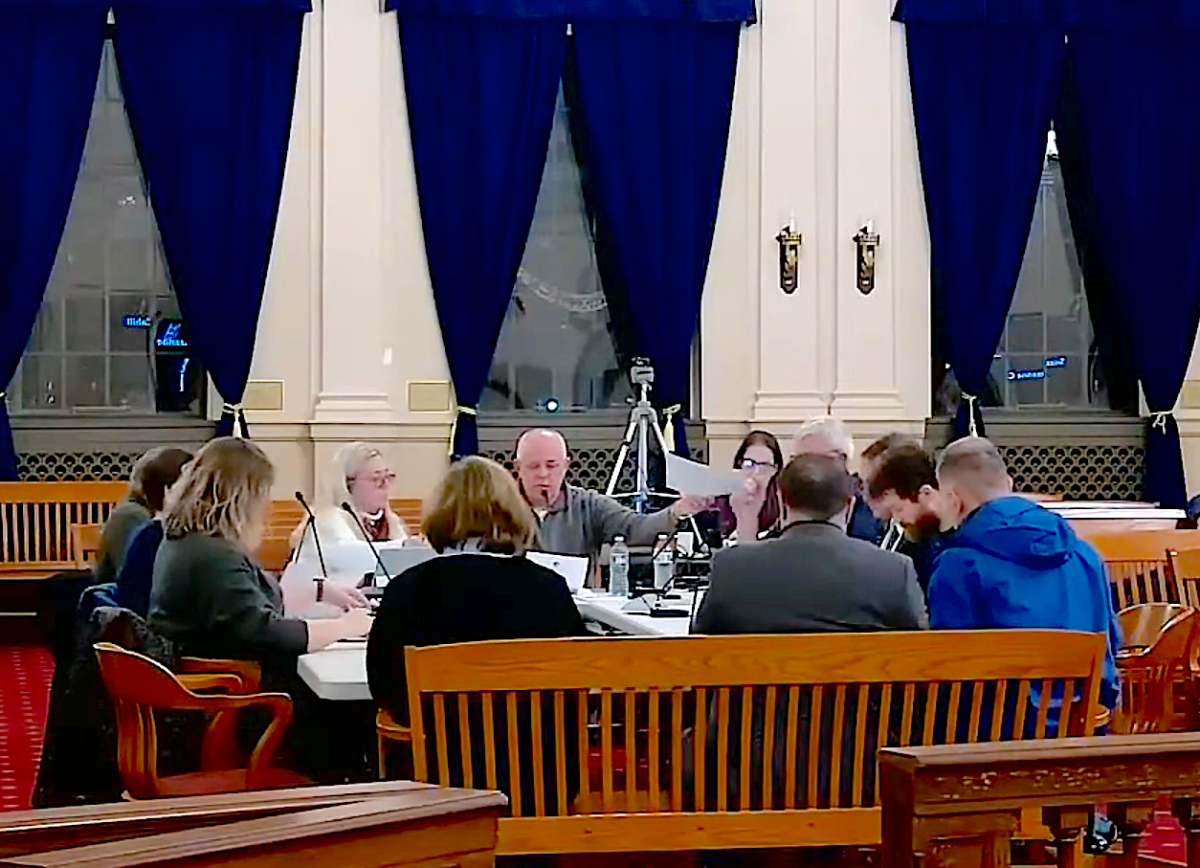
Within the film industry, Katonah resident Julian Schlossberg is celebrated as one of the most innovative and focused producers and distributors. Schlossberg worked with the Walter Reade Organization and Paramount Pictures before starting his Castle Hill Productions in 1978, creating a company that grew to encompass a library of over 500 films. Castle Hill was responsible for releasing eclectic first-run films ”” including the Academy Award-nominated documentaries “A Great Day in Harlem” (1994) and “The Line King: The Al Hirschfeld Story” (1996) ”” and for re-releasing works that had unfairly languished for years, either forgotten or initially abused by critics.
Schlossberg, whose autobiography “Try Not to Hold It Against Me: A Producer”™s Tale” was recently published by Beaufort Books, made his initial mark as a producer in 1973 with “Ten From Your Show of Shows,” which resurrected the long-unseen classic comedy sketches from Sid Caesar”™s early 1950s variety show and helped spark a renewed interest in television”™s Golden Age.
Schlossberg was working at Paramount when the studio put forth Elaine May”™s “Mikey and Nicky,” an idiosyncratic character study of two hoodlums played by John Cassavetes and Peter Falk. Schlossberg faulted the studio for what he dubbed “the strangest ad campaign in history,” which featured a photo of the stars and the tag line “Don”™t Expect to Like Them.” Released at Christmas in 1976, the film was a major flop ”” but Schlossberg believed the film deserved a better release.
“Elaine and I and Peter Falk went to Paramount and we were able to persuade them to let us have the movie,” he said. “And we then took the movie and started in Europe ”” in France and Germany and Italy, where it was getting raves and then we brought it back to America where Vincent Canby in the Times said, ”˜Oh my golly, this is a great movie.”™ And it was Stanley Kauffmann (the critic for The New Republic) who said it was one of the 10 greatest movies of the decade of the 1970s. Now, Martin Scorsese and Quentin Tarantino say it”™s one of the greatest films.”

Castle Hill was also responsible for restoring Orson Welles”™ film version of “Othello” to prominence. Although the film won an award at the 1952 Cannes Film Festival, its American release was limited to a brief run at a single theater in Manhattan in 1955 and was mostly unseen since ”” Schlossberg admitted he was unaware of the film”™s existence when the project was first presented to him by the late filmmaker”™s daughter, Beatrice Welles. However, “Othello” had major problems ”” the soundtrack was out of sync on the surviving materials and the film needed to be remixed.
“We got the best mixer in New York City, a guy named Lee Dicthter,” Schlossberg recalled. “Lee mixed all of Woody Allen”™s movies, Mike Nichols”™ movies, Robert Benton”™s movies, Nora Ephron”™s movies ”” he is the best. And I called him and I said, ”˜Lee, would you look at the movie?”™ And he said, ”˜I have no time. I have no time.”™ I said, ”˜No, no, I don”™t want you to do the movie. I just want your advice.”™”
“So, I put on the first reel,” he continued. “As you may remember, is brilliant ”” it”™s just incredible with music and great shots, with Orson Welles as Othello being carried at a funeral and Micheál MacLiammóir going up a side of a castle. And Lee turns to me and says, ”˜You son of a bitch ”¦ Okay, I”™ll work on weekends, I”™ll do it at night. I have no I have no time for this. But I can”™t let this go by.”™ And he did it, and he did a miraculous job of putting the movie together.”

Schlossberg sold Castle Hill Productions in 2006 and started the production and film distribution companies Jumer Productions Inc. and Westchester Films Inc., selling the latter to Shout! Factory in 2014. He acknowledged that the halcyon days of Castle Hill was supported by the proliferation of revival house theaters specializing in older films and art house cinemas that accommodated independent and foreign films ”” another Castle Hill title was Federico Fellini”™s “Intervista,” which was released in Italy in 1987 but remained unseen in the U.S. until 1992 when Martin Scorcese arranged for Schlossberg to secure the theatrical rights.
Today, Schlossberg observed the film exhibition environment has changed dramatically, with many theater chains shutting down while streaming services bring first-run titles into the homes.
“It looks like people are getting quite used to staying home and watching movies on their computer, on their iPhone, on their television, etc.,” he said. “On the other hand, it”™s the young people who still go to the movie theater ”” the older folks are staying away. I guess as long as you”™re going to be making Marvel movies and X-Men and Avatar films, the young people will support them so that that will work on a theater basis.”
“Certainly, as a distributor, the idea of only buying one print instead of 1,000 prints is a big savings financially,” he added. “But I think it”™s bad enough that people are on a computer seven and eight hours a day alone. The idea of dealing with people has gone out the window, in many cases.”
In recent years, Schlossberg has placed more focus on producing for television and the Broadway and Off-Broadway stages. When asked what advice he would give to someone planning to start a film distribution company, he laughed “Don”™t do it!” but then stated, “You have to get bankrolled. It”™s sad, but that”™s the truth. As I said, ”˜The Golden Rule is the gold rules.”™ So, without the money, it”™s very hard.”

















